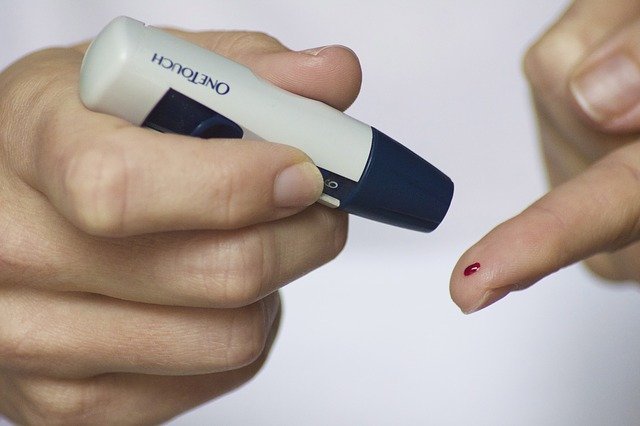According to the Centers for Disease Control and Prevention (CDC), 1 in every 3 American adults suffers from hypertension (high blood pressure), which causes more than 1000 deaths due to cardiovascular disease per day and costs $46 billion in healthcare costs per year.
A study, which was part of the European Study of Cohorts for Air Pollution Effects (ESCAPE) project, was conducted on more than 41000 people from five different European countries over nine years to investigate the effects of air and traffic noise on blood pressure.
It was one of the first studies to simultaneously observe the effects of air and noise pollution on human health and the results were published in the European Heart Journal.
What were the results?
41072 people from Norway, Sweden, Denmark, Germany and Spain participated in the study. Blood information was gathered at the start of the study and all participants were found to have normal blood pressure.
The way that the study was conducted enabled researchers to separately assess the effect of air and noise pollution on blood pressure and it was found that long-term exposure increased blood pressure by as much as 22%. 
1 out of every 100 adults from the same age group had higher blood pressure if they lived in more polluted cities and the results were comparative to the health risks associated with being overweight.
During the follow-up period, 6207 participants had developed hypertension and had started taking medication to lower their blood pressure. Hypertension is considered one of the most important risk factors to consider for premature illness and death.
Comparing air and traffic pollution:
When traffic noise was considered in the analysis, the association of air pollution with hypertension remained, which researchers said was important because there are differing ways of reducing either one of them.
The more polluted the air was, the higher the risk of hypertension was found to be, increasing by a factor of one-fifth or 22% for every set parameter of cubic meter assessed.
Participants who lived on noisy streets had a 6% increase in blood pressure compared to those who lived on quieter streets. Night time noise levels over 50 decibels were considered as “noisy” and those lower than 40 decibels were considered as “quiet”.
The lead author of the study, Professor Barbara Hoffmann from the Environmental Epidemiology at the Centre for Health and Society in Germany, said: “Our findings show that long-term exposure to particulate air and noise pollution is associated with a higher incidence of self-reported hypertension and with intake of anti-hypertensive medication. As virtually everybody is exposed to air pollution for their entire lives, this leads to a high number of hypertension cases, posing a great burden on the individual and on society.”
What are the conclusions?
Researchers said that air and noise pollution affect the body in different ways, with air pollution causing inflammation, oxidative stress and the stress on the cardiovascular system, and noise pollution affecting mostly the nervous and hormonal systems.
Professor Hoffmann said: “One very important aspect is that these associations can be seen in people living well below current European air pollution standards. This means that the current legislation does not protect the European population adequately from adverse effects of air pollution. Given the ubiquitous presence of air pollution and the importance of hypertension as the most important risk factor for cardiovascular disease, these results have important public health consequences and call for more stringent air quality regulations.”
Sources:
https://www.cdc.gov/bloodpressure/facts.htm






